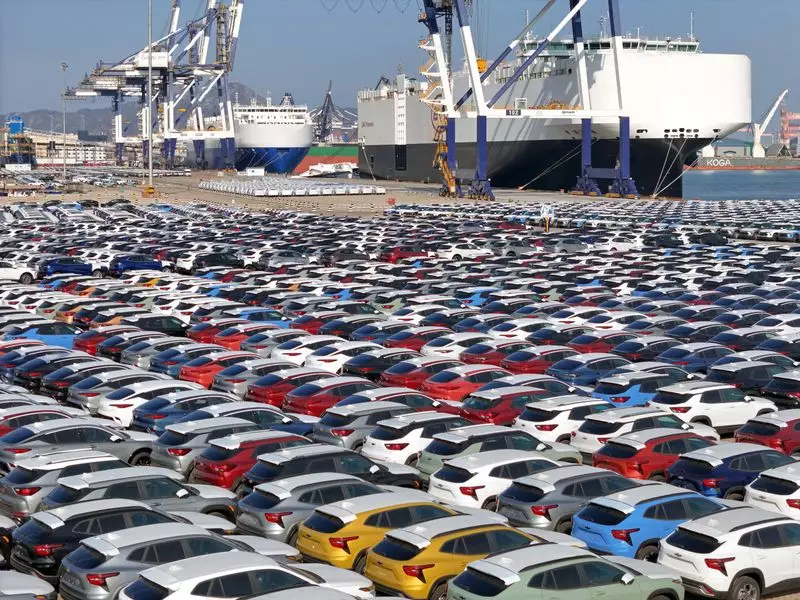Chinese automakers are determined to continue their expansion into Europe despite the recent anti-subsidy probe initiated by the EU. The China Passenger Car Association (CPCA) emphasized the unwavering commitment of Chinese enterprises to develop and integrate into local markets in Europe. This statement comes in light of a decline in Chinese car exports for May and ongoing challenges in the domestic market. Despite allegations of unfair state subsidies and dumping excess production, Chinese automakers remain focused on their European presence.
The European Union’s accusations of benefitting unfairly from state subsidies and dumping production pose significant challenges for Chinese automakers. The impending tariffs on Chinese electric vehicles could trigger retaliatory measures and disrupt market stability. The decline in new energy vehicle (NEV) exports, including electric cars and plug-in hybrids, reflects the impact of these challenges. Chinese automakers are navigating a complex landscape of competition, protectionism, and evolving consumer preferences in the global market.
The global auto industry is witnessing a shift towards sustainable mobility solutions, with NEVs gaining traction in various markets. Despite the overall decline in passenger vehicle exports and domestic sales, the rise in NEV sales highlights a growing demand for electric vehicles in China. Chinese EV makers are exploring overseas markets and expanding production capacities to meet this demand. The emphasis on government subsidies for trade-in schemes further incentivizes the adoption of NEVs over traditional gasoline cars.
Chinese EV makers like Nio are strategically positioning themselves for growth in both domestic and international markets. Regulatory approval for new production facilities and the establishment of showrooms in Europe demonstrate a proactive approach to market expansion. Despite the threat of EU tariffs labeled as protectionism, Chinese automakers are focused on scaling up production and increasing market share. The evolving landscape of the auto industry requires innovation, adaptability, and strategic decision-making from Chinese automakers.
Government support in the form of subsidies and incentives plays a crucial role in driving the adoption of NEVs and shaping industry trends. The transition towards sustainable transportation solutions aligns with global efforts to reduce emissions and combat climate change. Chinese automakers are leveraging these trends to establish a strong presence in Europe and other key markets. The shift towards electric mobility presents opportunities for collaboration, innovation, and long-term growth in the auto industry.
Chinese automakers are navigating a complex and competitive landscape as they expand into European markets amidst the EU’s anti-subsidy probe. The challenges posed by tariffs, competition, and shifting consumer preferences require a strategic and adaptive approach from Chinese EV makers. Despite setbacks in export growth and domestic sales, the rise of NEV sales and government support signal a promising future for Chinese automakers in Europe and beyond. By embracing innovation, sustainability, and market expansion strategies, Chinese automakers can overcome challenges and capitalize on emerging opportunities in the global auto industry.

